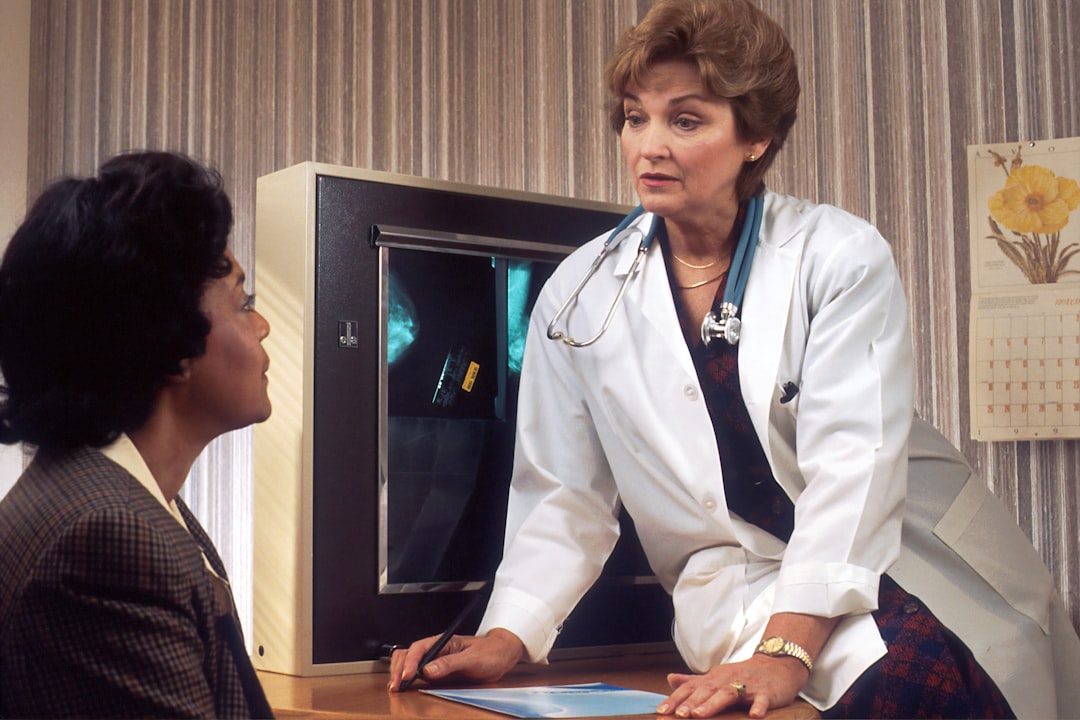

Hiring a medical malpractice lawyer can be a daunting task, especially when you are already dealing with the emotional and physical stress of medical negligence. Understanding your rights in this process is crucial to ensuring that you get the justice and compensation you deserve.
When you first meet with a medical malpractice lawyer, know that many offer free initial consultations. This meeting allows you to discuss your case without any financial obligation. It’s an opportunity for both parties to assess whether they are a good fit for each other. During this consultation, ask about their experience with cases similar to yours, their success rate, and their approach to handling such cases.
Confidentiality is paramount in legal matters involving personal health information. Your attorney should provide clear assurance that all details shared will remain confidential under attorney-client privilege. This means neither the lawyer nor their staff can disclose any information about your case without your permission.
Most medical malpractice lawyers work on a contingency fee basis. This means they only get paid if you win your case or settle out of court. Typically, the fee is a percentage of the settlement amount or court award. Make sure to discuss what percentage they charge and any additional costs that might arise during litigation.
Orange County (officially the County of Orange; often known by its initials O.C.) is a county located in the Los Angeles metropolitan area in Southern California, United States. As of the 2020 census, the population was 3,186,989, making it the third-most-populous county in California, the sixth-most-populous in the United States, and more populous than 19 American states and Washington, D.C. Although largely suburban, it is the second-most-densely-populated county in the state behind San Francisco County. The county's three most-populous cities are Anaheim, Santa Ana, and Irvine, each of which has a population exceeding 300,000. Santa Ana is also the county seat. Six cities in Orange County are on the Pacific coast: Seal Beach, Huntington Beach, Newport Beach, Laguna Beach, Dana Point, and San Clemente.
Orange County is included in the Los Angeles–Long Beach–Anaheim Metropolitan Statistical Area. The county has 34 incorporated cities. Older cities like Tustin, Santa Ana, Anaheim, Orange, and Fullerton have traditional downtowns dating back to the 19th century, while newer commercial development or "edge cities" stretch along the Interstate 5 (Santa Ana) Freeway between Disneyland and Santa Ana and between South Coast Plaza and the Irvine Business Complex, and cluster at Irvine Spectrum. Although single-family homes make up the dominant landscape of most of the county, northern and central Orange County is relatively more urbanized and dense as compared to those areas south of Irvine, which are less dense, though still contiguous and primarily suburban rather than exurban.
The county is a tourist center, with attractions like Disneyland Resort, Knott's Berry Farm, Mission San Juan Capistrano, Huntington Beach Pier, the Richard Nixon Presidential Library and Museum, Modjeska House, Segerstrom Center for the Arts, Yost Theater, Bowers Museum, Balboa Island, Angel Stadium, Downtown Santa Ana, Crystal Cove Historic District, the Honda Center, the Old Orange County Courthouse, the Irvine Ranch Natural Landmarks, and several popular beaches along its more than 40 mi (64 km) of coastline. It is also home to a major research university, the University of California, Irvine (UCI), along with a number of other notable colleges and universities such as Chapman University and Cal State Fullerton.

Medical malpractice is a significant issue within the healthcare system, often leading to severe consequences for patients and their families.. It encompasses a range of errors made by healthcare professionals that fall below the accepted standard of practice, resulting in harm to the patient.
Posted by on 2024-09-26

Imagine this: you or a loved one undergoes a medical procedure, anticipating recovery and relief.. Instead, complications arise, and suspicions of medical malpractice begin to form in your mind.
Posted by on 2024-09-26

Becoming a successful medical malpractice lawyer is undoubtedly a challenging yet rewarding journey.. It requires not only a robust legal education but also specific skills, personal attributes, and professional experiences that set one apart in this highly specialized field.
Posted by on 2024-09-26

Navigating the Complex World of Medical Malpractice Law: What Every Patient Should Understand Medical malpractice is a term that strikes fear into the hearts of many.. It conjures images of medical procedures gone wrong, lives forever altered, and convoluted legal battles.
Posted by on 2024-09-26
Your medical records are the cornerstone of any medical malpractice claim. Start by obtaining copies of all your medical records, including doctor’s notes, test results, imaging studies, and prescriptions. These documents provide a detailed account of the treatment you received and can highlight discrepancies in care or deviations from standard medical practices. Ensure that you request records from all healthcare providers involved in your treatment to create a comprehensive timeline of your medical history.
Gathering expert opinions is crucial for substantiating your claim. Medical malpractice cases often hinge on whether the healthcare provider deviated from accepted standards of care. Engage an independent medical expert who can review your case and provide an objective assessment. This expert should have experience in the same field as the defendant physician to ensure their testimony holds weight. Their evaluation can help establish whether negligence occurred and if it directly caused harm.


Personal documentation plays a vital role in strengthening your claim. Keep a detailed journal that includes dates, symptoms, treatments received, and how these impacted your daily life. Photographs or videos showcasing visible injuries or changes over time can also be compelling evidence. This firsthand account serves as a chronological record that complements official medical records and can illustrate the extent of suffering endured due to potential malpractice.
Witnesses can offer invaluable support for your case by providing additional perspectives on what transpired during your treatment. Reach out to nurses, technicians, family members, or anyone else who was present during key moments of your care. Obtain written statements detailing their observations and interactions with healthcare providers involved in your treatment. These testimonies can corroborate your claims and add credibility to the narrative presented by both you and any medical experts involved in supporting your case.
Check the credentials and reputation of prospective lawyers. This includes verifying their education, certifications, and memberships in professional organizations like the American Association for Justice or local bar associations. Peer reviews and client testimonials are also valuable sources of insight into their reputation.
Effective communication is crucial when working with a lawyer. During initial consultations, assess how well they listen to your concerns, explain legal terms in understandable language, and keep you informed about the progress of your case. Clear communication ensures that you remain engaged and aware throughout the legal process.


Understanding the fee structure is an essential aspect of choosing a medical malpractice lawyer. Many work on a contingency basis—meaning they only get paid if you win your case—but it's important to clarify any additional costs or fees upfront. Make sure there is transparency regarding how expenses will be deducted from any settlement or award you receive.
Lastly, personal compatibility should not be overlooked when selecting a lawyer for such a sensitive matter as medical malpractice. You need someone you feel comfortable with and trust implicitly since you'll likely be sharing personal health information with them over an extended period.
By considering these factors carefully, you'll be better positioned to choose a skilled medical malpractice lawyer who can advocate effectively on your behalf.
A medical malpractice lawyer specializes in representing patients who have been harmed due to the negligence or errors of healthcare professionals. They handle cases involving misdiagnosis, surgical errors, medication mistakes, and other forms of medical negligence.
To determine if you have a valid case, consult with a medical malpractice lawyer who will review your medical records, consult with expert witnesses, and assess whether the healthcare provider failed to meet the standard of care, leading to harm.
Compensation from a successful claim may cover medical expenses, lost wages, pain and suffering, loss of future earning capacity, and sometimes punitive damages depending on the severity of the negligence.
The statute of limitations for filing a medical malpractice lawsuit varies by state but typically ranges from one to three years from the date the injury was discovered or should have been discovered. Consulting with an attorney promptly is essential to ensure timely filing.